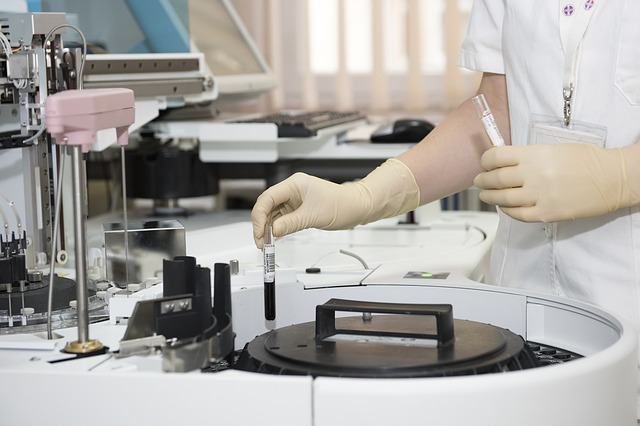As we age, our bodies and minds become unforgiving to the wear of time. Most people accept their physical decline as natural and expected, but the loss of mental faculties can often be one of the scariest, most confusing experiences of a person’s life. With age comes an increase in the risk of dementia, a general term for any decline in mental ability severe enough to interfere with daily life. People with dementia lose their ability to think cogently and remember, eventually becoming unable to care for themselves. However, a recent scientific breakthrough may finally help people suffering from dementia and Alzheimer’s disease through ultrasound treatments.
70% of people who experience dementia are suffering from Alzheimer’s disease – an illness that can feel like a hopeless struggle, leaving many patients confused and frustrated, feeling that their own minds have betrayed them. There is currently no known cure for the disease, but researchers at the Sunnybrook Research Institute in Toronto may be able to offer a glimmer of hope.
SRI researchers may not have a cure just yet, but they do understand how the disease works and how to potentially reverse its symptoms. One of the problems Alzheimer’s causes is a buildup of plaque on the brain which acts as a neurotoxin. Scientists have developed a treatment using magnetic resonance imaging-guided forced ultrasound to open the blood-brain barrier and deliver drugs via microbubbles that breakdown these plaques.
So far, this technique has only been tested on mice which show symptoms of Alzheimer’s disease (including increased levels of plaque on their hippocampus), but the results are promising. The treatment was proven to reverse both memory impairment and reduced learning abilities. SRI researchers have also shown that opening the blood-brain barrier using their microbubble method did not damage any surrounding tissue.
It’s not a cure, but this new research suggests that regular ultrasound treatments could greatly reduce the impact Alzheimer’s disease has on a person’s brain. It could potentially extend the patient’s life, improve their quality of life, and give them the ability to function without the need for additional care. For so many people living with Alzheimer’s and other forms of dementia, having their independence returned to them would have a tremendous impact.
The positive results from the mice trials should open the door to further research, hopefully translating into clinical trials within the next few years. Naturally, the human brain is far more complex than that of a mouse, but there is reason to believe that the techniques developed at Sunnybrook may work for millions of people who currently suffer with Alzheimer’s.
But while you await viable treatment options for your loved ones, let Freedom Homecare help. We are happy to provide companionship and assistance to family members who may be suffering from Alzheimer’s disease or other forms of dementia. Our certified home health aides can help with everything from bathing and meal preparation to medication reminders. Take a look at all our home care services and see how we can help you.




